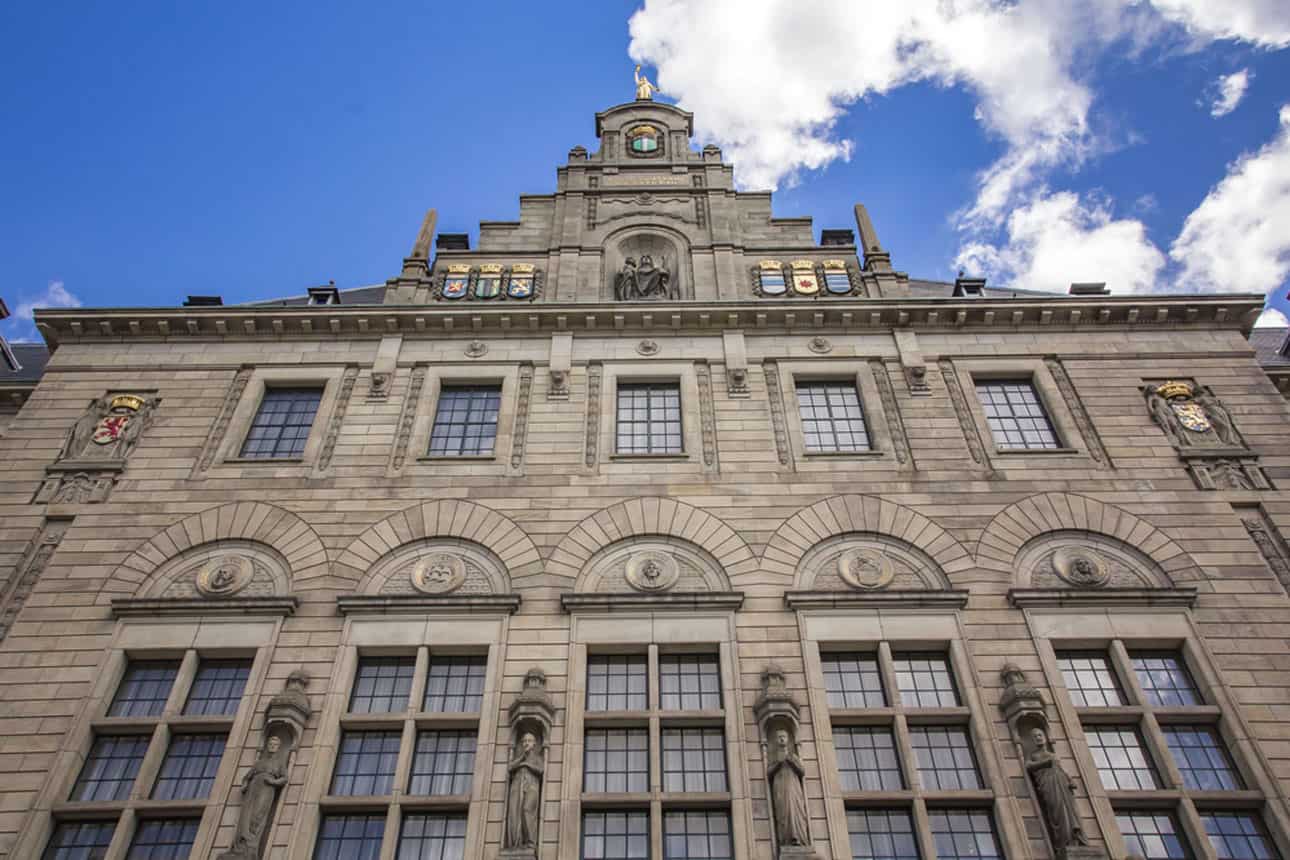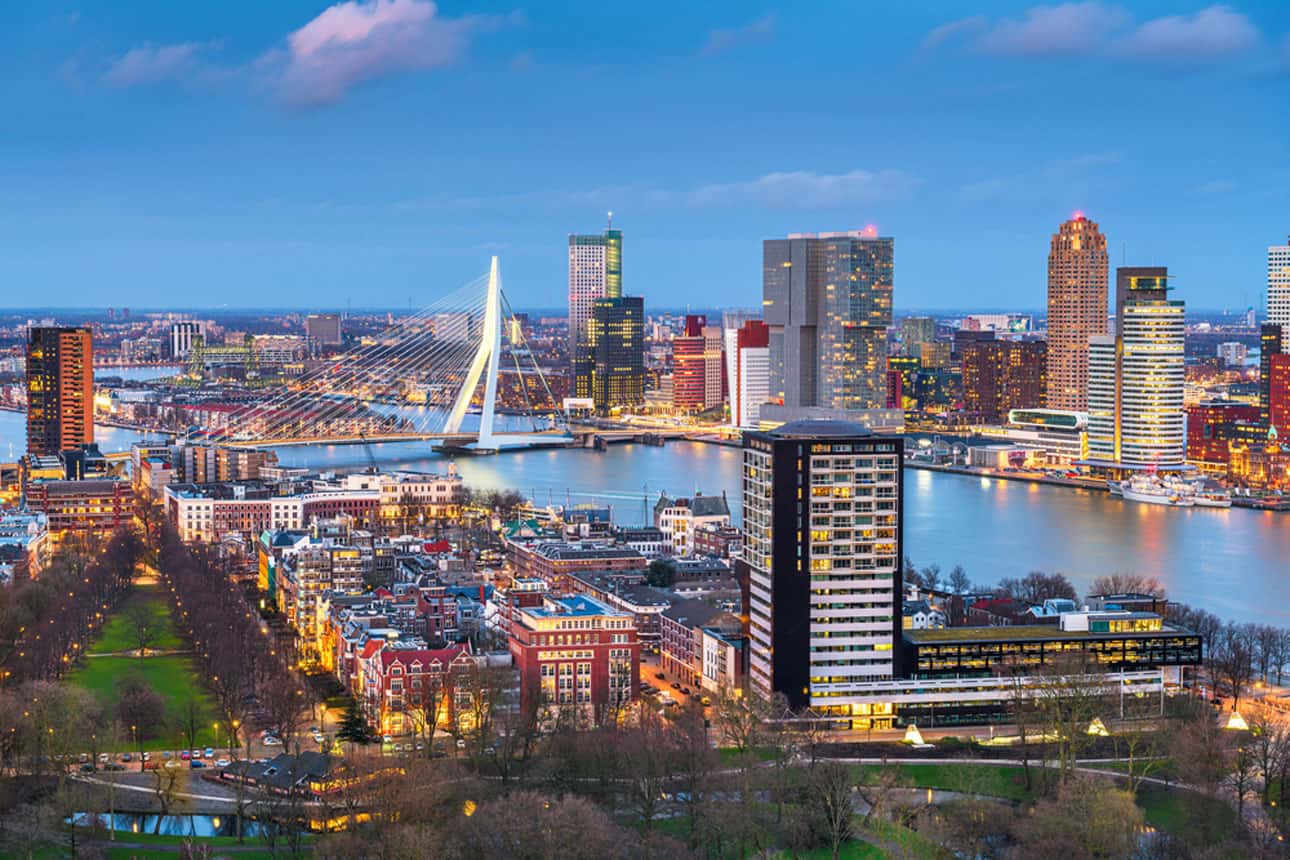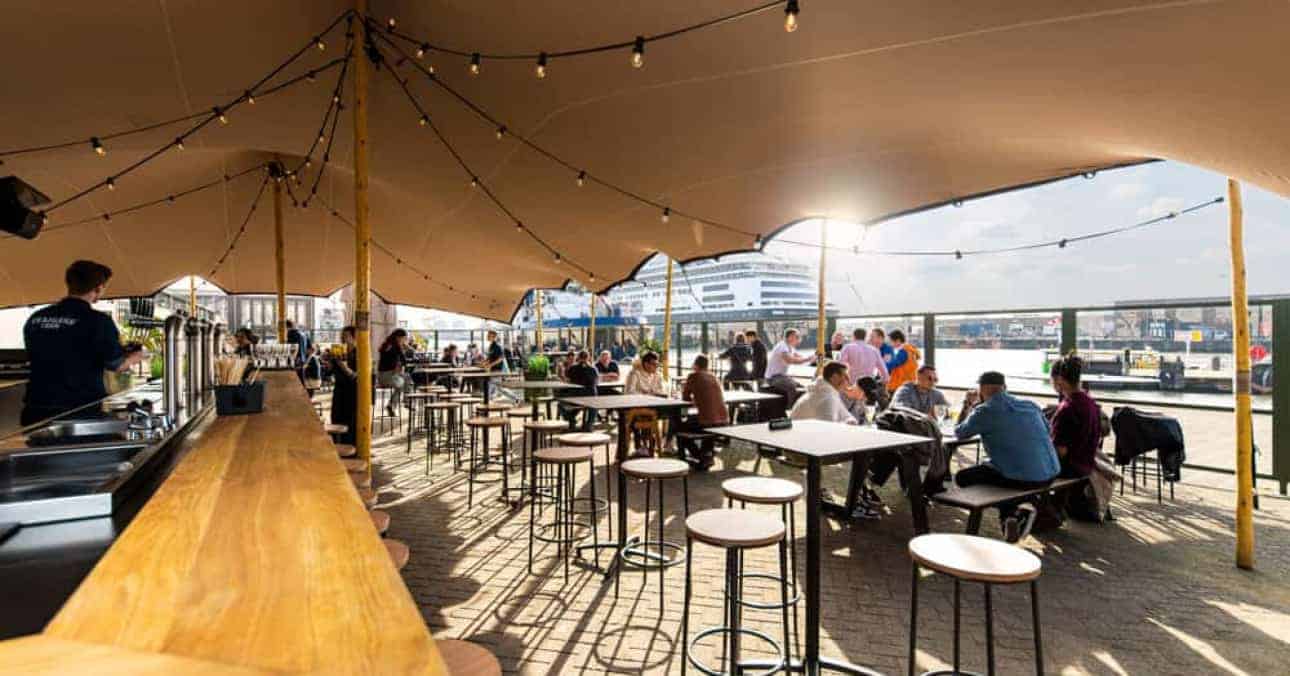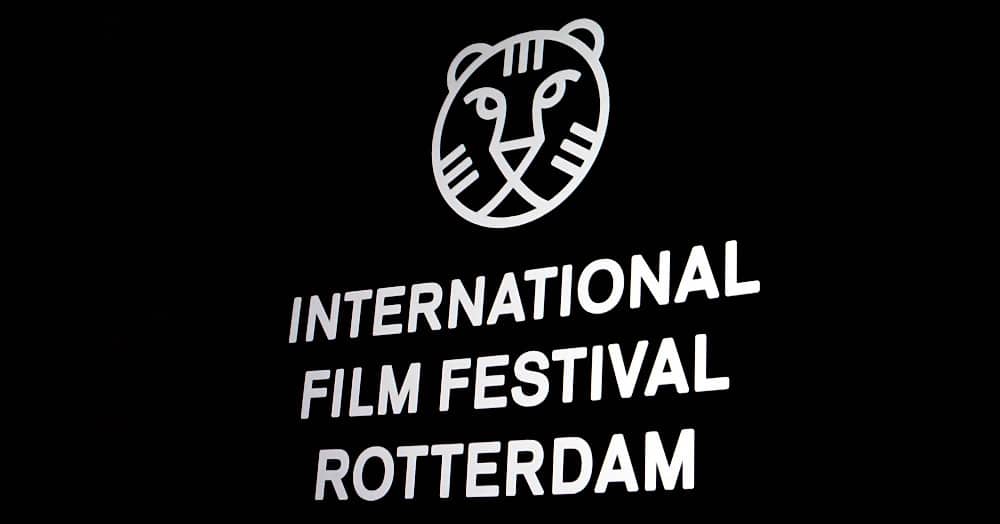
Rotterdam successful in 'resetting' debt assistance approach
Rotterdam's revised approach to consumer debts has resulted in improved accessibility of debt assistance and better reach among young people.
ROTTERDAM, 1 APRIL 2021 - Two years ago Rotterdam carried out a "Reset" of its debt approach. This is working: the number of Rotterdammers with problematic debts has decreased in recent years. From 27,000 in 2018 to 25,000 in 2020. More Rotterdammers receive help, there are fewer drop-outs, the service is improved and many new interventions and collaborations have been started.
In 2020 4,135 Rotterdammers (including 151 entrepreneurs) received debt assistance from the city. Despite the corona crisis, which caused limitations in the opportunities for physical contact, this was substantially more than in 2019 (3,534). Twice as many young people applied for and received debt assistance. Of these, 44 entered the perspective fund: they do something in return and their debts are settled.
The Reset Rotterdam debt approach has three ambitions: to prevent Rotterdammers from getting into debt (especially young people), to help Rotterdammers get their debts under control and to introduce more innovations in the approach. The city council is now actively approaching Rotterdammers with (early) payment arrears. In addition, in 2020, throughout the city debt counsellors have been expedited; in each area there is now a permanent point of contact for indebted Rotterdammers and cooperating partners. The creation of a relationship of trust with citizens to work on debt and poverty is the starting point.
More young people find the way to help. In 2020, 1,018 young people reported to the municipality with a financial request for help. For 760 young people a support trajectory was started through the Perspective Pact. Different interventions are possible within the Perspective Pact: from courses to budget management and from a debt settlement to participation in the Perspective Fund. If young people do not manage to settle their debts themselves, the fund pays off the debts. The young person "pays off" the debt by a performance, in the form of an internship or voluntary work.
The relaxation of the admission criteria of the perspective fund resulted in a much larger inflow into the fund: 44 young people have now started. Another way to reach young people is with a 'students for students' approach. Last year, about 130 young people were helped in this way.
"The fact that we are reaching more young people is promising", says alderman Michiel Grauss (fighting poverty, tackling debts and informal care): "We know that financial problems lead to a lot of stress. The current corona situation adds to this. Many young people have lost their temporary jobs in the hospitality industry and have less income. In addition, the lockdown measures have meant that the counters have not always been easily accessible. As a municipality, we therefore pull out all the stops to find young people with money worries or debts in time. Proactively and low-threshold, in places where they are active".
The municipality will soon start a test to get entrepreneurs with debts free of debts in six months instead of three years. It concerns entrepreneurs who want to stop their business and are looking for paid employment. The repayment period for the restructuring loan, which normally takes three years, is shortened to six months. After these six months, the residual debt is cancelled. In return, the participant must make an effort, with assistance, to provide for his or her own income.
The number of children growing up in a family with a low income fell from one in five in 2016 to almost one in six (17.7%) in 2019. In order to tackle poverty structurally well, a pilot (intensive family approach) was started. By now, 282 families in four districts (Bospolder-Tussendijken, Tarwewijk and Crooswijk and in Carnisse) are receiving help. In this approach, building trust is the starting point for subsequently tackling the problems together.
Alderman Grauss: "We are on the right track: fewer children are living in poverty and more Rotterdammers are getting help with their debts. But we are not there yet. We need to increase our reach. The corona crisis is also causing a lot of financial stress and problems. In 2021, we will increase our efforts to reach and help (early on) more indebted Rotterdammers.
The total amount of debts which Rotterdammers reported to the city council in 2020 amounted to 74.8 million. Of this, 66.1 million was waived through mediation. This means that 11.6% of the debts have been paid off. The average debt in 2020 amounts to €41,670 per person. The most common creditors are benefit agencies, health insurers, energy suppliers and the National Tax Office. The percentage of successful debt settlements has increased last year compared to 2019 by 3% to 87%. At the end of 2020, 3,453 Rotterdammers were in budget management and 594,000 payments (€82.2 million) were made for these Rotterdammers during the entire year.
How about a live show tonight?
Special events happening soon
HAPPENING 29 JAN–8 FEB 2026 | International Film Festival Rotterdam (IFFR) is one of the biggest film events in the Netherlands,…
New Year’s Eve in Rotterdam - Where to Celebrate NYE
HAPPENING 31 DEC 2025 | Rotterdam is gearing up for New Year’s Eve 2025 with club nights, river cruises and high-rise dinner…
Christmas Markets in and around Rotterdam
If the dim daylight, the early dark and the general wetness of the season threaten your mood, Christmas markets in and around…
Winter evenings at Blijdorp Zoo: lights, animals, and fun
HAPPENING 19 DEC 2025–3 JAN 2026 | This winter, Diergaarde Blijdorp — Rotterdam Zoo — transforms once again into a glowing winter…
How about a live show tonight?
Special events happening soon
International Film Festival Rotterdam (IFFR) - event details
HAPPENING 29 JAN–8 FEB 2026 | International Film Festival Rotterdam (IFFR) is one of the biggest film events in the Netherlands,…
New Year’s Eve in Rotterdam - Where to Celebrate NYE
HAPPENING 31 DEC 2025 | Rotterdam is gearing up for New Year’s Eve 2025 with club nights, river cruises and high-rise dinner…
Christmas Markets in and around Rotterdam
If the dim daylight, the early dark and the general wetness of the season threaten your mood, Christmas markets in and around…
Winter evenings at Blijdorp Zoo: lights, animals, and fun
HAPPENING 19 DEC 2025–3 JAN 2026 | This winter, Diergaarde Blijdorp — Rotterdam Zoo — transforms once again into a glowing winter…
About RotterdamStyle
RotterdamStyle.com is the largest and most popular online platform for expats and long stay tourists in Rotterdam.
Business inquiries
We're always open to receiving press releases or business inquiries. Just send us an email at hello [@] rotterdamstyle.com.
Acquire us
We're looking to get acquired by a startup or enterprise with deep pockets. Go ahead, make us an offer we can't refuse. ;-)















